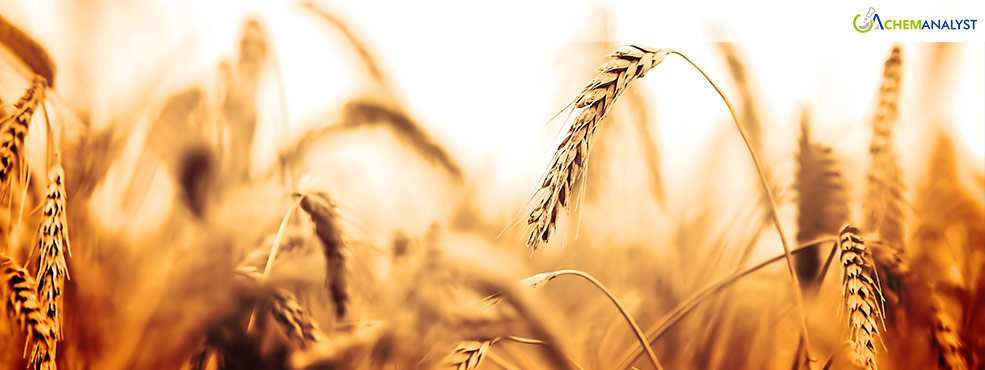Welcome To ChemAnalyst

Climate change is projected to significantly reduce the yields of key staple crops like wheat and rice in India by 6–10% in the coming decades. These declines could have profound implications for food security in a country where these crops form the cornerstone of the diet for over 1.4 billion people.
A report from the National Innovations in Climate Resilient Agriculture (NICRA) revealed that wheat yields in India are expected to drop by 6–25% by 2100. Additionally, irrigated rice yields are forecast to decrease by 7% by 2050 and by 10% by 2080. These declines will be especially felt by small and marginal farmers, who account for over 80% of the agricultural workforce in India. Many of these farmers own less than two hectares of land, which makes them particularly vulnerable to the impacts of climate change.
The India Meteorological Department's (IMD) Director-General, Mrutyunjay Mohapatra, explained that climate change would reduce wheat and rice yields by up to 10%, significantly impacting farmers and the country's food security.
India's wheat production reached 113.29 million tonnes in the 2023-24 crop year, accounting for approximately 14% of the global output. Rice production topped 137 million tonnes during the same period. These crops are central to India’s agricultural economy, with more than 80% of the population relying on subsidized food grains through government schemes. However, as global temperatures rise, the impacts on agricultural output are becoming increasingly evident.
Mohapatra also noted that global warming is reducing the frequency and strength of “western disturbances,” which are weather systems that bring winter rains and snow to northwest India. This shift in weather patterns could lead to severe water shortages for millions of people living in the region.
India's average temperature increased by approximately 0.7ºC between 1901 and 2018, with 2024 being the warmest year on record. The country faces a critical need for adaptive strategies to mitigate these climate change impacts on agriculture and water resources.
Additionally, climate change is also making weather predictions more difficult. With more frequent and intense extreme weather events, such as heavy rainfall, forecasting has become increasingly unstable. The IMD has noted that the lead time for predicting heavy rainfall has been reduced from three days to just one and a half days due to the increased unpredictability of the atmosphere.
We use cookies to deliver the best possible experience on our website. To learn more, visit our Privacy Policy. By continuing to use this site or by closing this box, you consent to our use of cookies. More info.
